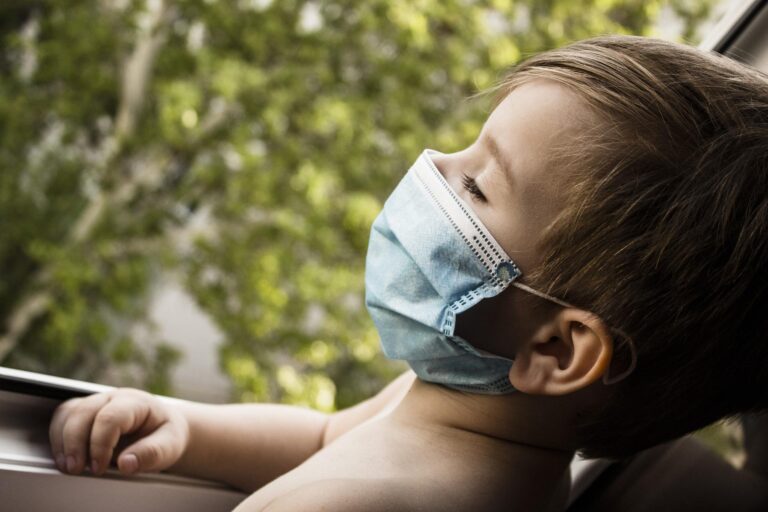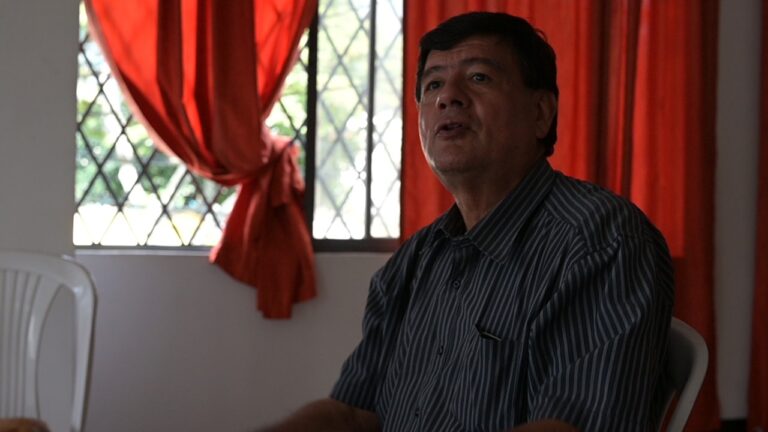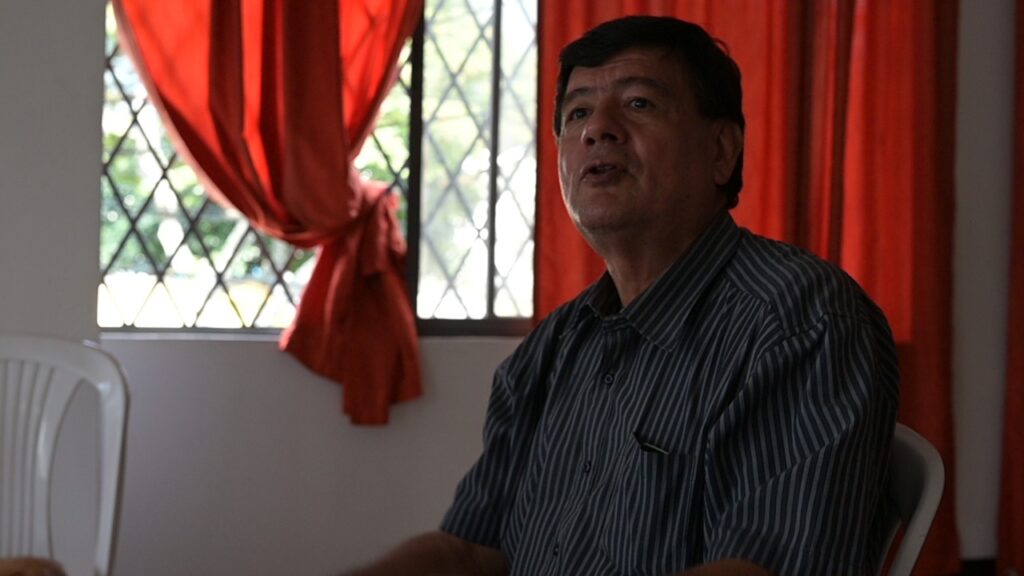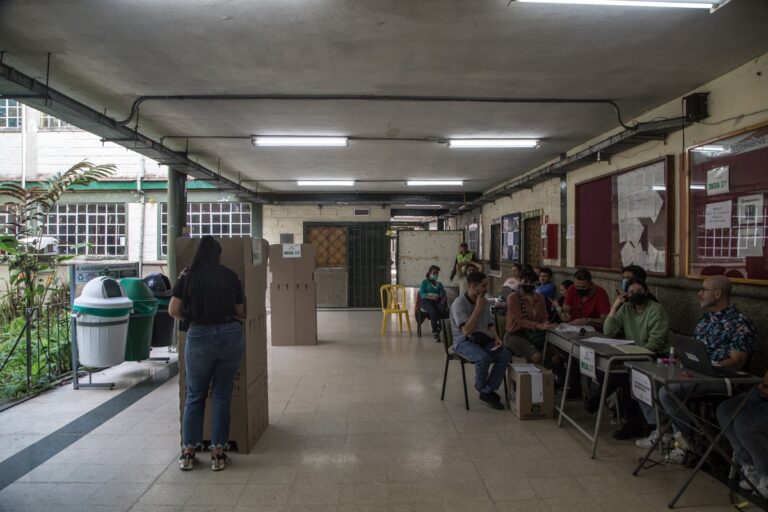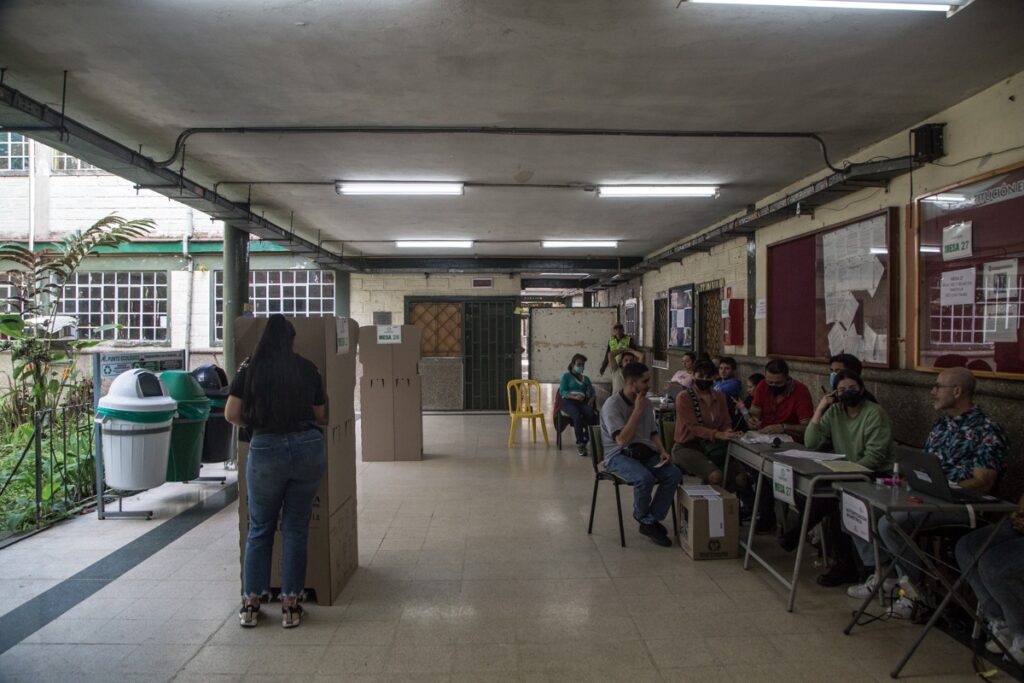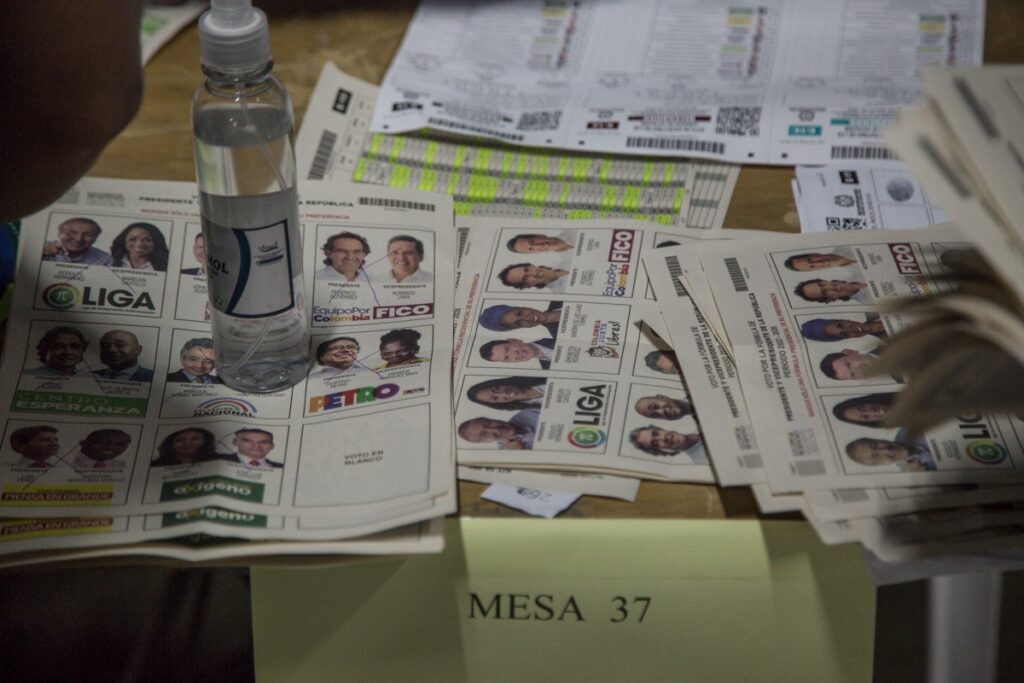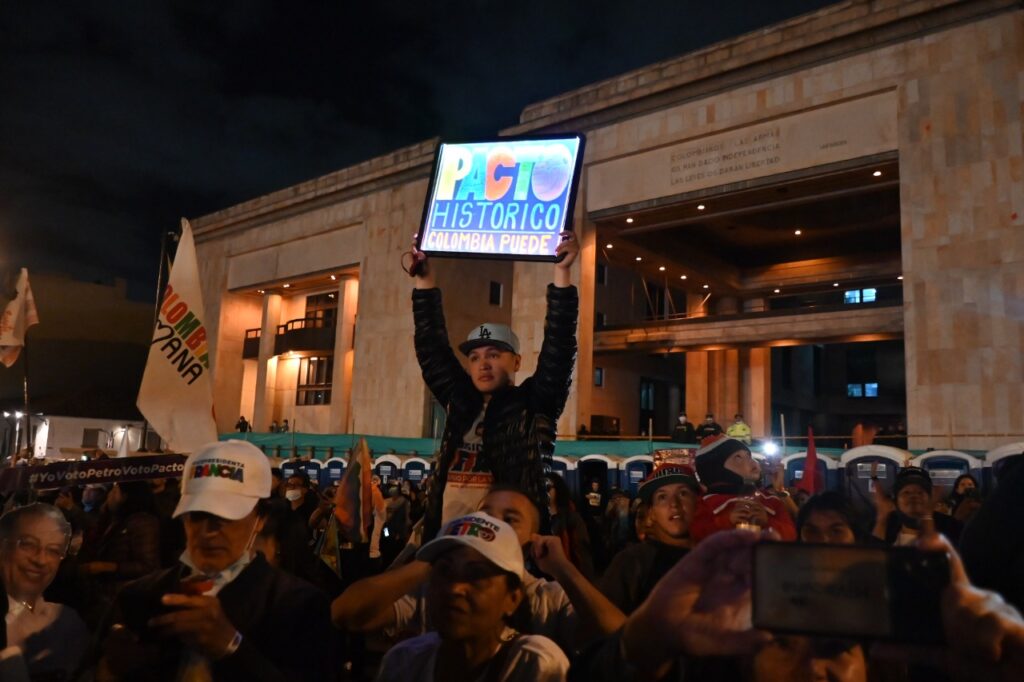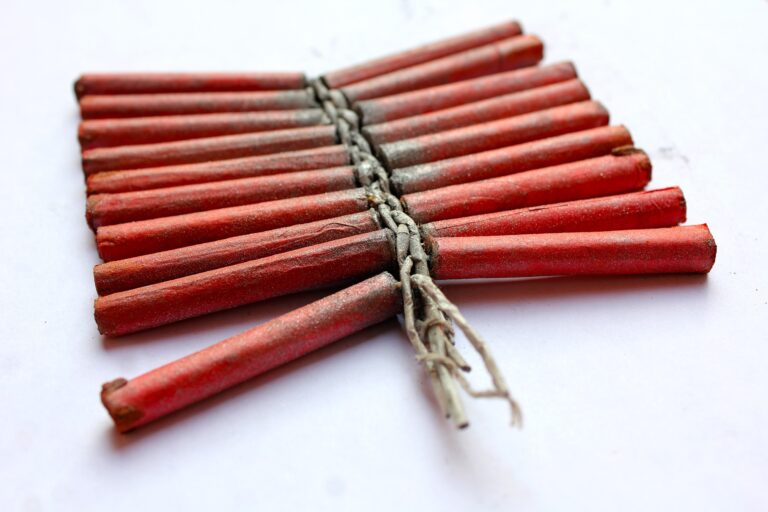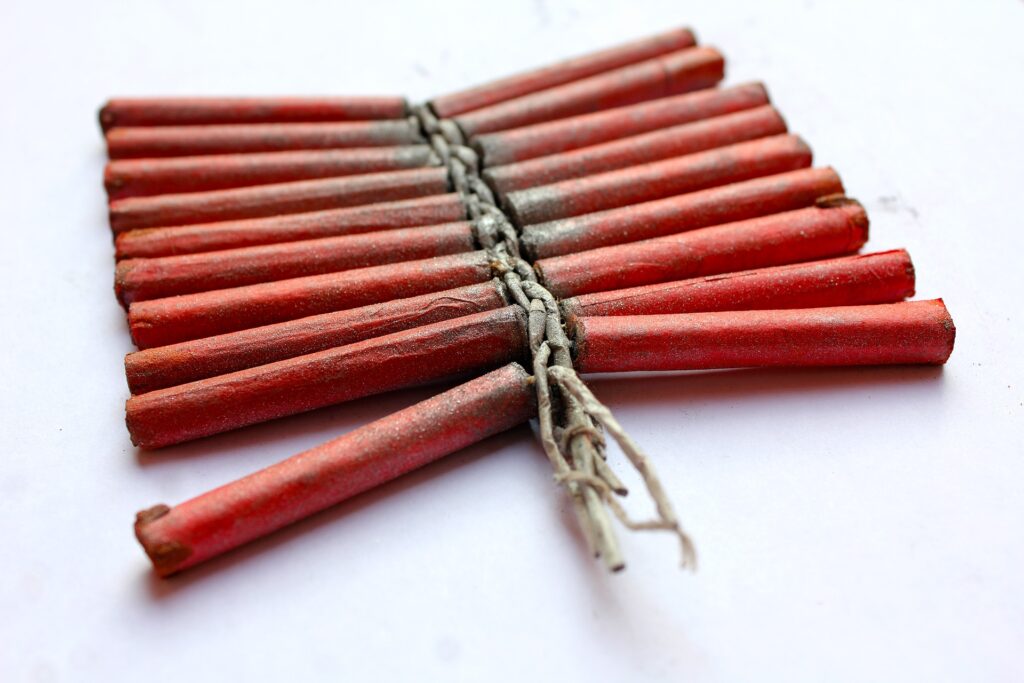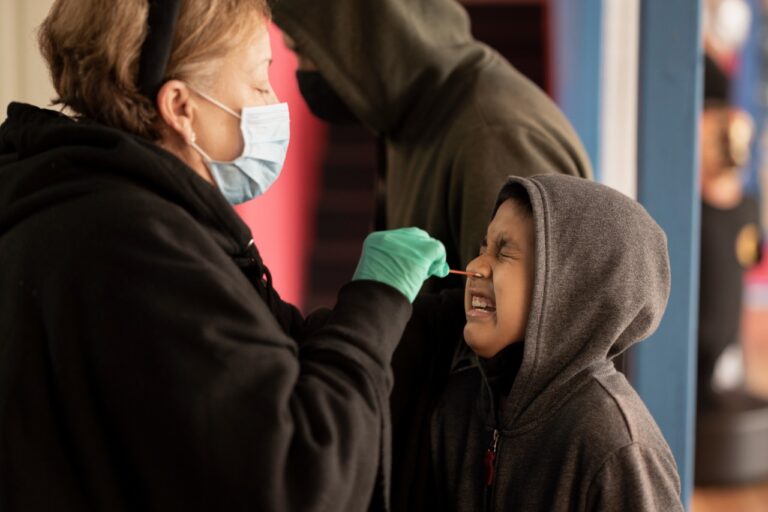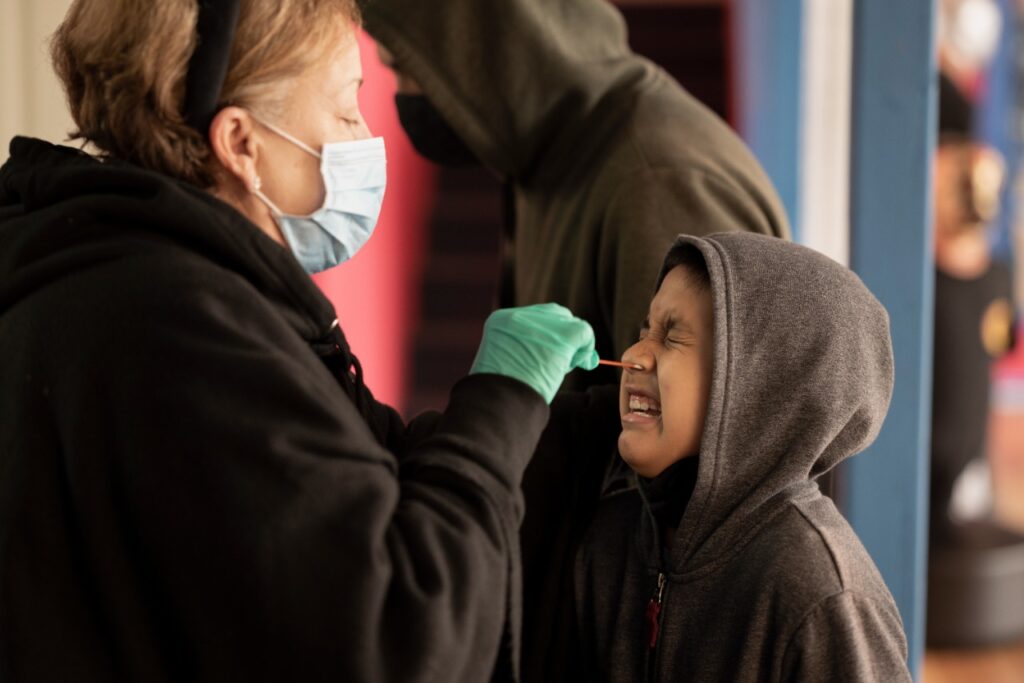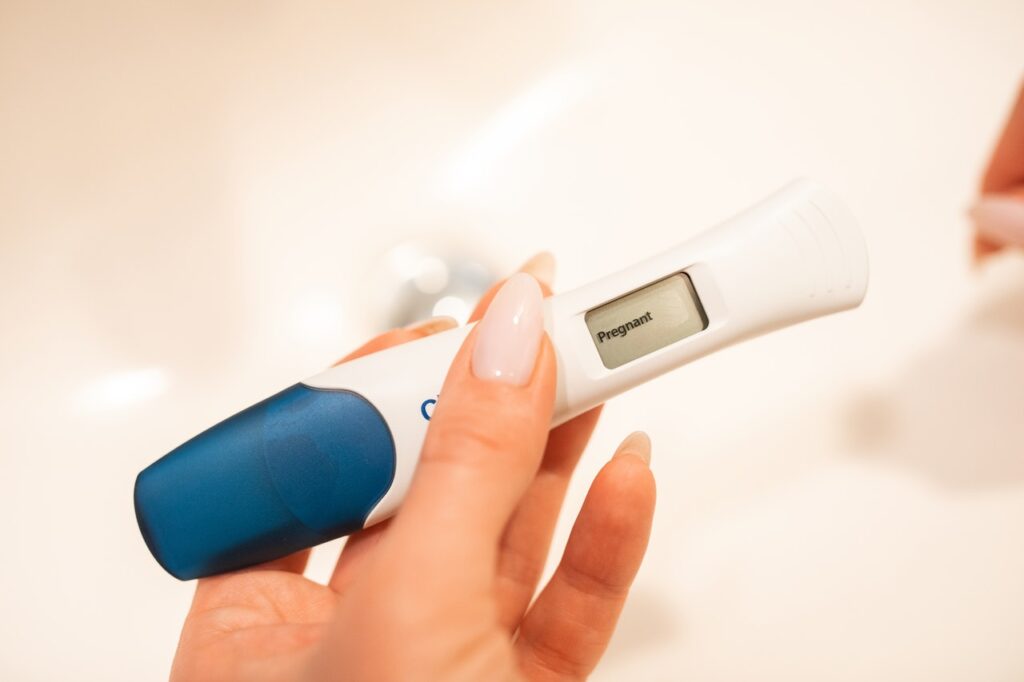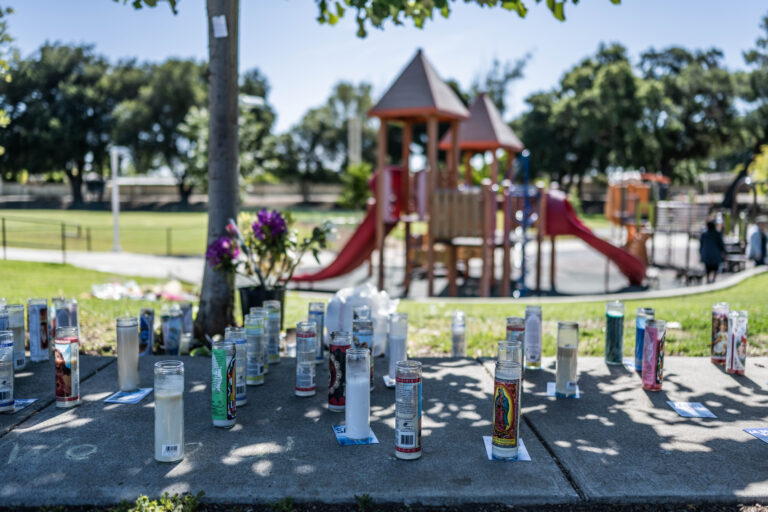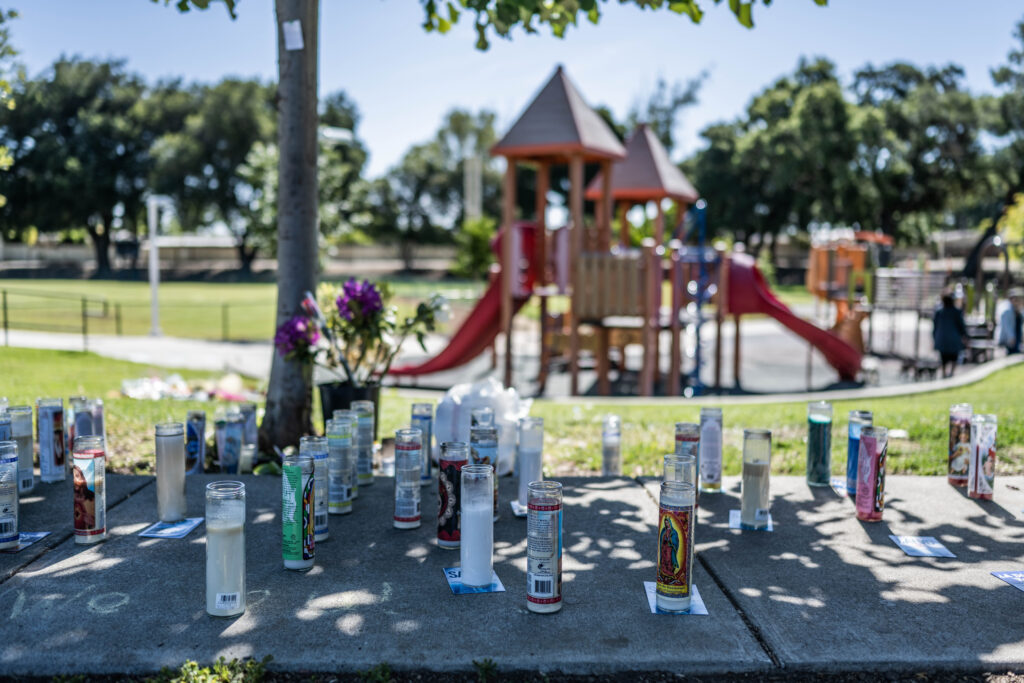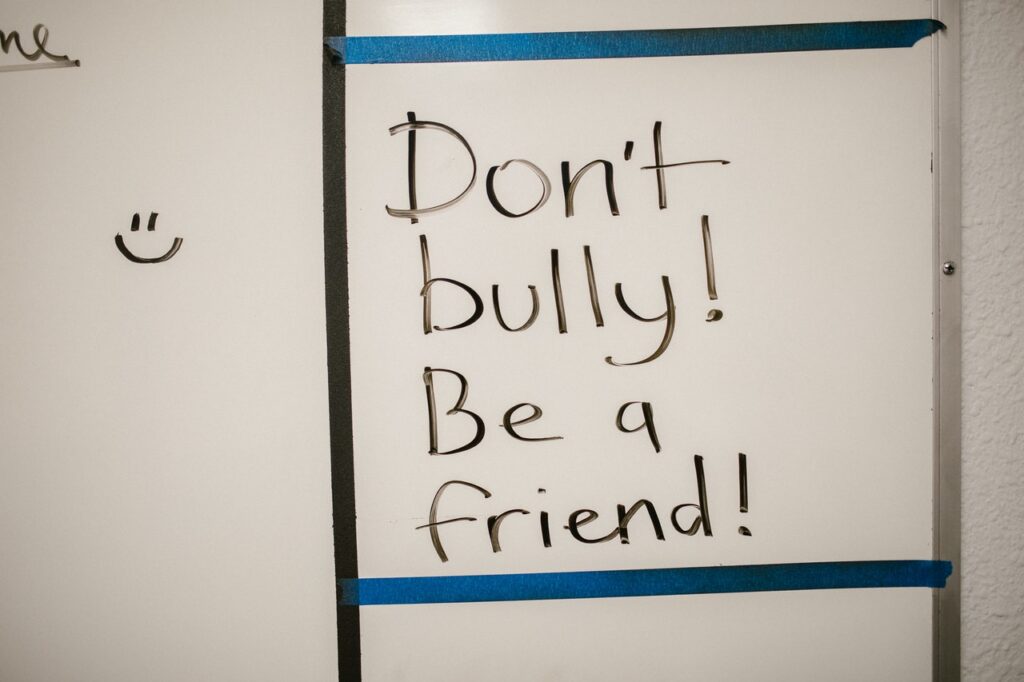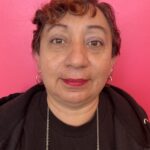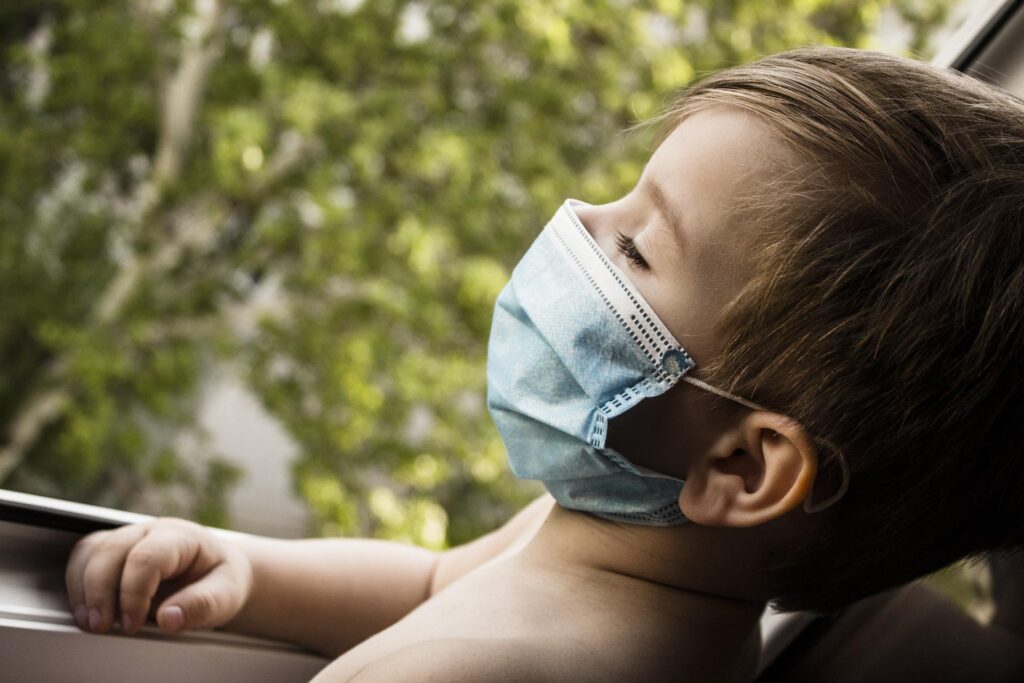
This Friday, the U.S. Food and Drug Administration The FDA has authorized emergency use of the Moderna vaccine for children 6 months to 4 years of age and the Pfizer-BioNTech vaccine for the prevention of COVID-19 disease.
For the Moderna COVID-19 vaccine, the FDA amended the emergency use authorization (EUA) to include use of the vaccine in individuals 6 months through 17 years of age. The vaccine had been authorized for use in adults 18 years of age and older.
For the Pfizer-BioNTech COVID-19 vaccine, the FDA amended the EUA to authorize use of the vaccine in people 6 months to 4 years of age. In addition, the vaccine had already been authorized for use in people 5 years of age and older.
The agency determined that the known and potential benefits of the Moderna and Pfizer-BioNTech COVID-19 vaccines outweigh the known and potential risks in the pediatric populations for which each vaccine is authorized for use.
Prior to the decision to authorize these vaccines for the respective pediatric populations, the FDA's Vaccines and Related Biological Products Advisory Committee was consulted and voted in favor of the authorizations.
“Many parents, caregivers, and physicians have been waiting for a vaccine for younger children, and this action will help protect those younger than 6 months of age. As we have seen with older age groups, we expect that vaccines for younger children will provide protection against the most severe outcomes of COVID-19, such as hospitalization and death,” said FDA Commissioner Dr. Robert M. Califf.
“Child care providers can be confident in the safety and effectiveness of these COVID-19 vaccines and can be assured that the agency was thorough in its evaluation of the data,” she added.
The Moderna COVID-19 vaccine is administered as a two-dose primary series, one month apart, to individuals 6 months through 17 years of age. The vaccine is also authorized to provide a third dose of the primary series at least one month after the second dose for individuals in this age group who have been determined to have certain types of immunosuppression.
The Pfizer-BioNTech COVID-19 vaccine is administered as a three-dose primary series in which the initial two doses are administered three weeks apart followed by a third dose administered at least eight weeks after the second dose in individuals 6 months to 4 years of age.
“As with all vaccines for any population, in authorizing COVID-19 vaccines intended for pediatric age groups, the FDA is ensuring that our evaluation and analysis of the data is rigorous and thorough,” said Peter Marks, director of the FDA’s Center for Biologics Evaluation and Research.
Effective for children from six months to four years of age.
The effectiveness and safety data evaluated and analyzed by the FDA for the Moderna COVID-19 Vaccine to support the EUA for these pediatric populations were generated in two ongoing, randomized, blinded, placebo-controlled clinical trials in the United States and Canada that included infants, children, and adolescents.
Meanwhile, the efficacy and safety data evaluated and analyzed by the FDA for the Pfizer-BioNTech COVID-19 vaccine were generated in an ongoing, randomized, blinded, placebo-controlled clinical trial in the United States and internationally that enrolled infants and children, where the immune response to the vaccine for both age groups of children was found to be comparable to that of older participants.
You may be interested in: Negative COVID-19 test will no longer be required to enter the U.S.

